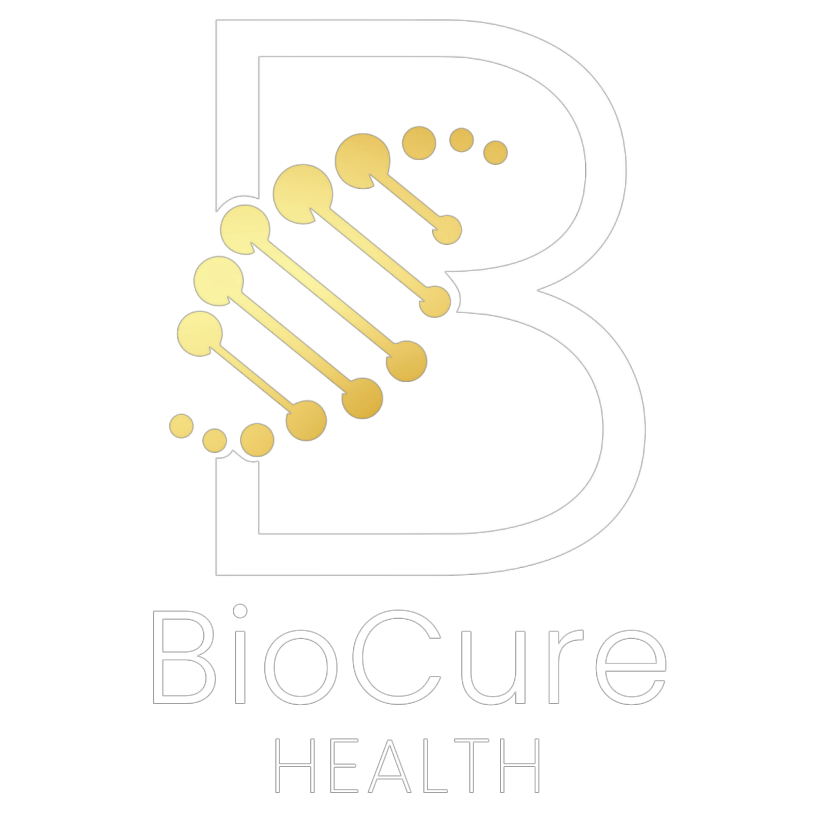Libido, often referred to as sexual drive or desire, is a fundamental aspect of human sexuality. It is influenced by a complex interplay of biological, psychological, and social factors. Understanding what libido is and what controls it in both men and women requires an examination of these multifaceted elements.
Understanding Libido
Libido is a person’s overall sexual drive or desire for sexual activity. It varies greatly among individuals and can change throughout one’s life. Libido is not merely the physical act of sex, but encompasses the desire, thoughts, and fantasies related to sexual activity. It is an essential component of overall well-being and intimate relationships.
Which factors influence libido?
Hormones play a significant role in regulating libido. In both men and women, testosterone is a critical hormone influencing sexual desire. Men typically have higher levels of testosterone, which is why their libido is often more pronounced. However, women also produce testosterone, albeit in smaller quantities, which contributes to their sexual drive as well. For women, estrogen and progesterone also influence libido. These hormones fluctuate during the menstrual cycle, pregnancy, and menopause, impacting sexual desire. For instance, many women experience a peak in libido around ovulation when estrogen levels are highest.
Neurotransmitters, such as dopamine and serotonin, are chemicals in the brain that significantly influence libido. Dopamine is associated with the reward and pleasure centers in the brain and is linked to increased sexual desire. Conversely, serotonin is related to mood regulation, and higher levels can sometimes dampen sexual desire. Overall physical health, including fitness levels, diet, and the presence of any medical conditions, can also impact libido. Chronic illnesses, medications, and hormonal imbalances can lead to changes in sexual desire.
Mental health is crucial in determining libido. Conditions such as depression, anxiety, and stress can negatively affect sexual desire. Mental health issues can lead to a decreased interest in sex, partly due to the impact on neurotransmitter levels and partly due to the overwhelming nature of these conditions. The quality of one’s intimate relationships also significantly influences libido. Trust, emotional connection, and communication are critical components. Relationship issues, such as conflicts, lack of intimacy, or unresolved resentment can lead to a decrease in sexual desire.
An individual’s self-esteem and body image play essential roles in sexual desire. People who feel confident and positive about their bodies and self-worth are more likely to experience a healthy libido. Conversely, poor self-image can lead to decreased sexual interest. Societal and cultural norms can profoundly influence libido. In some cultures, open discussions about sexuality are encouraged, leading to a healthier perception and expression of sexual desire. In contrast, cultures with strict, repressive attitudes toward sex can lead to feelings of guilt or shame, negatively impacting libido.
Life stages such as adolescence, adulthood, and aging bring about different experiences that affect libido. Adolescents experience a surge in sexual desire due to hormonal changes, while older adults may see changes in libido due to hormonal decline and health issues. Additionally, life experiences, such as childbirth, trauma, or significant stressors, can influence sexual desire.
Libido is a complex and dynamic aspect of human sexuality, influenced by a myriad of biological, psychological, and social factors. In both men and women, hormones, neurotransmitters, physical health, mental health, relationship dynamics, self-perception, and societal influences all play significant roles. Understanding these factors can help individuals and couples navigate changes in libido, fostering healthier and more fulfilling sexual relationships. Recognizing the complexity and individuality of libido is crucial for addressing concerns and enhancing sexual well-being.
At BioCure Health, we are experts in the complexities of Hormone Optimization and helping our patients reach balance. If you, or someone you know could benefit from a full workup, share this BLOG with them. Also, we can be reached, by call or text, at 754-206-0838. You can also visit us at www.GetBioCure.com.







